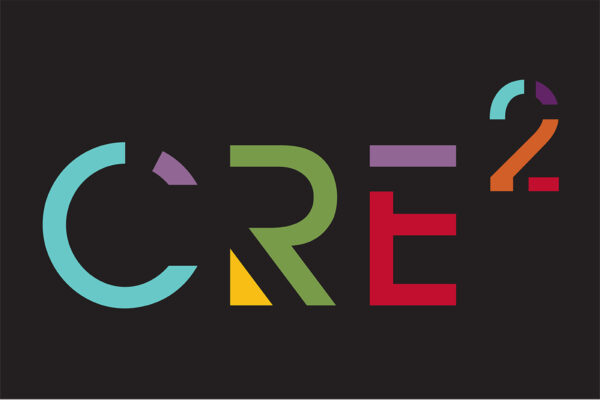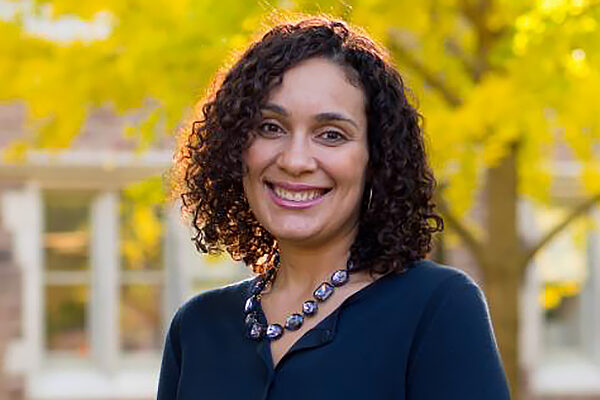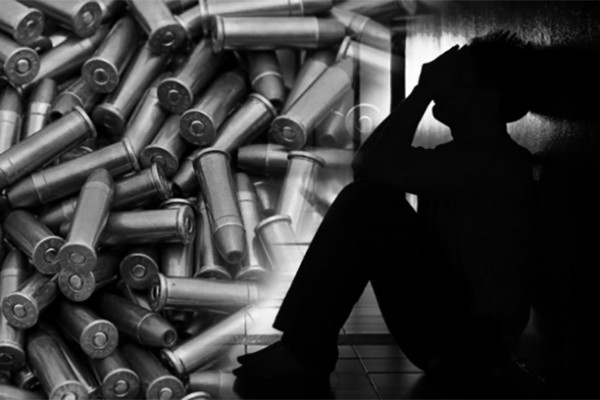The recent death of George Floyd by Minneapolis police and the resulting protests and civil unrest may seem like a spontaneous uprising to some, but experts at Washington University in St. Louis say this movement has been building for many, many years.
“People will use vague phrases, like ‘the time was right.’ But really, we’re standing on the shoulders of the hard and long work people have been doing to build this consciousness, to give rise to a time where we can understand any given event that we’re seeing here, as part of this broader system. We can think about racism structurally, rather than see it as the act of a particular bad apple,” says David Cunningham, chair of the sociology department.
Recently, Cunningham, Hedy Lee, professor of sociology, and Geoff Ward, professor of African and African American studies, sat down via Zoom to discuss the social movement underway and the impact it will have on their teaching and research as well as higher education, in general.
Cunningham, Lee and Ward are currently engaged in a collective research project examining the legacies of racial violence. They are interested in understanding how racial violence in the past connects to continued disparities in health outcomes, education, policing and mass incarceration in African American communities. It’s a broad topic with, unfortunately, unlimited avenues to explore.
They have studied, for example, how lynchings and KKK presence decades ago continue to shape present day policing practices. Most recently, they have completed a paper on the complicit role of coroners in the 1800s in covering up acts of racial violence, and the ways in which such practices echo in the current moment.
“Over policing, mass incarceration, disparities in COVID-19 — all of these things are linked together. … People are opening their eyes to how racism operates today and understanding that not everyone has the same rights to their humanity.”
— Hedy Lee
While this current moment has been building for years, even decades, they say it feels unique and encouraging, both because of the size of the movement and its focus. People of all skin colors and ethnicities, in all 50 states and around the world have joined in the movement.
“People really want to see change in systems. Over policing, mass incarceration, disparities in COVID-19 – all of these things are linked together,” Lee says. “Racism is not something of the past. People are opening their eyes to how racism operates today and understanding that not everyone has the same rights to their humanity.”
“One of the things that’s encouraging about the movement now is there’s this emergence, kind of a solidification of the understanding of white supremacy as a system; and, a shift away from early sort of moments where the inclination was to think of racism as an individual-level psychological problem, a problem of prejudice and bias and sort of animus that afflicted certain people,” Ward says.
Universities, like Washington University, are uniquely positioned not only to study these topics, but also to educate students and the broader community and apply that knowledge to address issues of public concern.
“This is a time of great challenge, but it’s also a space within which we can double down on this mission to say that it’s impossible to think about a vibrant university moving forward that doesn’t engage these pressing issues in a way that’s relevant to students and relevant to the community and relevant to all of us as we work together,” Cunningham says.
“I think … what I’m most enthusiastic about is figuring ways to enhance the university’s potential to deliver on this mission of being in and for St. Louis.”
— Geoff Ward
“I think probably for me, what I’m most enthusiastic about is figuring ways to enhance the university’s potential to deliver on this mission of being in and for St. Louis and being an engine for transformative change and how can we do that programmatically,” Ward says.
One such opportunity would be the formal launch of the Center for the Study of Race, Ethnicity and Equity at Washington University. Ward says the center is urgently needed to dissolve boundaries and divisions across departments. “It would bring race scholars from across the campus together in a single place, make their work visible, more accessible and, therefore, more impactful,” he says.
Students are hungry for this kind of knowledge, too, according to Lee. Students across campus – not just in sociology – are enrolling in the three professors’ classes and others’ in record numbers. They also have honor students doing independent research, as well as student groups working with ArchCity Defenders, a local advocacy organization, to gather and analyze data. This past semester, students and professors worked with the ArchCity Defenders to develop a police scorecard for the 80+ municipal police departments in St. Louis.
“We really look forward to trying to use this moment as a way to not only build on this past work but to extend it in ways wouldn’t have been foreseeable in past semesters,” Cunningham says.


